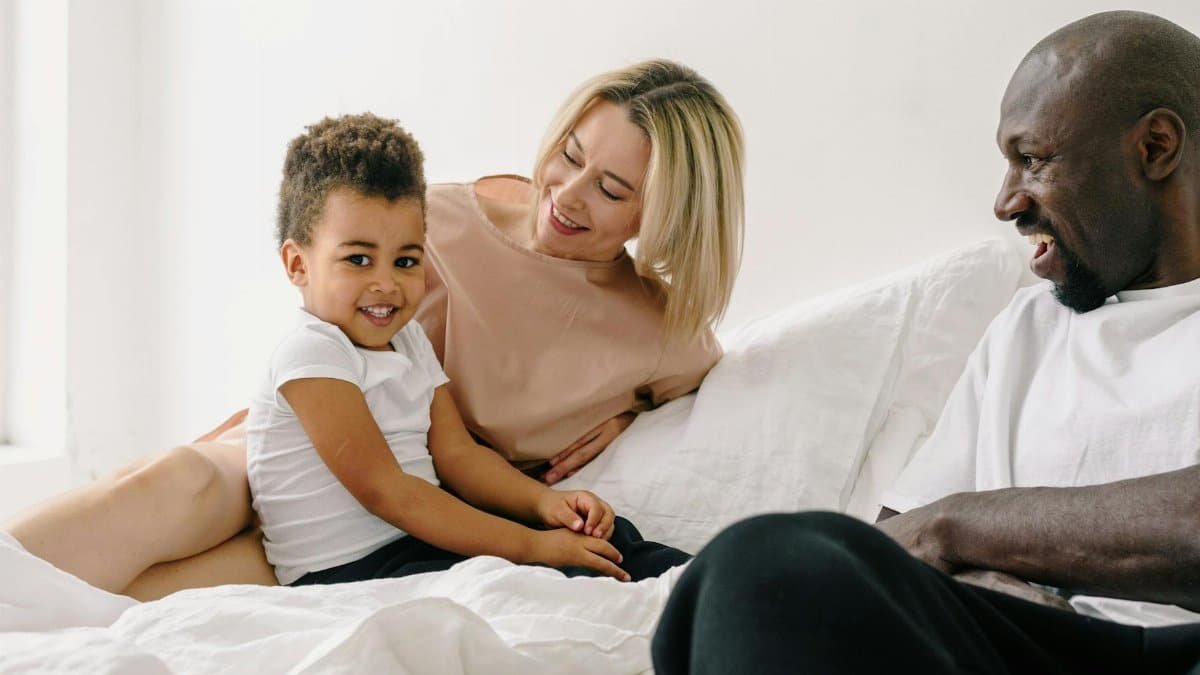Friendships often fray under silence, but what if the fix isn’t waiting it out? Simply put, vulnerability heals friendships by breaking down walls and fostering trust faster than time ever could. It’s not just a feel-good idea—research backs this up as a game-changer in repairing and deepening bonds. As Americans grapple with rising loneliness in 2025, with over 30% reporting fewer close connections, embracing openness might be the key to reversing the trend. This isn’t about oversharing; it’s about strategic honesty that rebuilds what’s broken.
What Vulnerability Really Means in Friendships

Vulnerability in friendships isn’t spilling every secret. It’s the deliberate act of sharing authentic feelings or struggles with someone you trust, even when it feels risky. Think admitting you felt hurt by a friend’s comment instead of brushing it off. This raw honesty signals you value the relationship enough to face discomfort. Studies from the University of California, Berkeley, show that such openness triggers empathy, strengthening relational ties ( Greater Good Science Center ).
Why Time Alone Fails to Mend Bonds

Waiting for time to heal a rift often backfires. Silence can breed resentment or misunderstanding, letting small issues fester into irreparable damage. Unlike vulnerability, which actively addresses pain points, time is passive. It doesn’t guarantee resolution or clarity. A 2021 study by the American Psychological Association found that unresolved conflicts in close relationships contribute to long-term stress, while proactive communication cuts that tension significantly ( APA Stress Report ).
How Vulnerability Speeds Up Trust

Trust is the backbone of any friendship, and vulnerability acts like a shortcut. When you share something personal—say, a fear of failure—you invite reciprocity. This mutual openness creates a safe space where both parties feel seen. Researchers note that self-disclosure, even in small doses, can accelerate emotional intimacy, often outpacing months of surface-level chats. It’s why a single heartfelt conversation can repair what years of casual hangouts couldn’t.
The Risk Factor: When It Can Backfire

Opening up isn’t foolproof. If a friend isn’t ready or willing to reciprocate, vulnerability can leave you exposed or rejected. Timing matters—sharing too much too soon, or with someone untrustworthy, risks betrayal. Experts advise starting small, gauging reactions, and ensuring the friendship has a foundation of mutual respect before diving into heavier topics. It’s a calculated move, not a reckless one.
Practical Ways to Show Vulnerability

Start with low-stakes honesty. Admit when you’re wrong, like saying, “I messed up by not checking in.” Or share a minor insecurity, such as feeling out of place at a group event. These small acts pave the way for deeper conversations. Another tactic: ask for advice on a personal dilemma. It shows trust and invites your friend to engage. The goal is authenticity without overwhelming the other person.
Cultural Shifts Pushing Openness in 2025

American culture is slowly shedding the stigma around emotional expression, especially among younger generations. Social media campaigns and mental health advocacy in 2025 are amplifying the idea that vulnerability heals friendships, encouraging people to ditch the “tough it out” mentality. Therapists report a spike in clients prioritizing authentic connections over superficial ones, reflecting a broader push for genuine interaction in a digitally disconnected world. This shift is redefining how friends support each other.
Real Stories of Bonds Rebuilt

Take Jenna, a 29-year-old from Chicago. After a falling out with her college best friend over a misunderstanding, she took a chance by writing a candid letter about feeling sidelined. Her friend responded with equal honesty, admitting jealousy had fueled the rift. That exchange mended their bond in weeks, not years. Stories like Jenna’s aren’t rare—they highlight how intentional openness can cut through layers of hurt faster than passive waiting.
Balancing Vulnerability With Boundaries

While vulnerability heals friendships, it doesn’t mean abandoning self-protection. Oversharing or leaning too heavily on a friend for emotional support can strain the relationship. Set limits—share what feels right, and don’t expect every friend to handle your deepest struggles. Healthy friendships thrive on mutual give-and-take, not one-sided confessions. Knowing where to draw the line ensures vulnerability strengthens rather than burdens.
